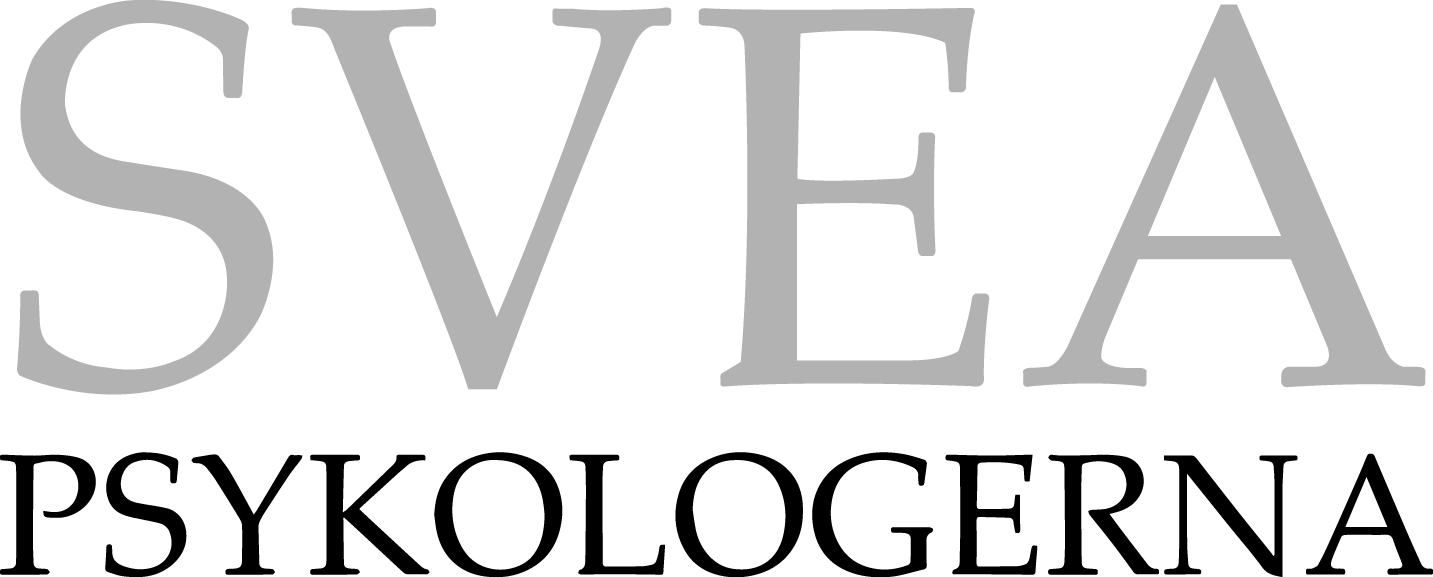Experiencing a crisis
Most people experience a crisis at some point in their lives. How a person experiences and copes with a crisis is highly individual. It depends on many factors such as vulnerability, availability of support, type of crisis, etc. Common psychological reactions or symptoms of a crisis are:
inability to take in what has happened
emotional shutdown
feelings of unreality
overwhelming emotions
low self-esteem
fatigue
sleeping problems
anxiety and worry
depressed mood
sensitivity to stress and demands
concentration difficulties
memory problem
Some people experience all these symptoms and others only a few. The result can be difficulties in coping with work and socializing or in living a good life. Of course, we help individuals through crises too, read more about crises in private life.
Crisis management
Are you or someone close to you in need of help in the form of crisis management? Sveapsykologerna has extensive experience in helping people deal with crises.
Get in touch with us and we can work out together how we can best help.
Crisis among employees
A crisis at work can be triggered by, for example, robberies, accidents, business crises, conflicts, cooperation difficulties, personal crises or deaths among employees. It may be clear what has triggered the crisis, such as in the case of a robbery, or it may be a little more diffuse, such as when there are cooperation difficulties or when an employee has personal crises that are not discussed in the workplace. In order to help an employee in crisis, it is good if it is recognized as soon as possible and action is taken immediately.
Crisis management in companies
The most common approach to crisis management within companies is to offer counseling to employees. Counseling is most effective if it takes place as close to the crisis as possible and can include guidance to management or direct support to those affected. If the person withdraws from what can help in the coping process, the opportunity to heal is reduced. Humans have a great capacity for self-healing after crises and only a few percent of crises lead to post-traumatic stress disorder. Getting good support right at the time of the crisis reduces the risk of PTSD.
What is crisis management?
Crisis management can look different depending on the crisis and the person affected. Sveapsykologerna has extensive experience of working with individuals and groups in crisis, and we offer urgent availability for assessment, guidance and support to those affected. Sometimes a few conversations can be enough to feel that one's life is manageable again, in other situations a longer contact can be helpful. In initial contact, we can together formulate and assess what you need.
Crisis management and psychology
Crisis management and psychology go hand in hand, most of our assignments are basically a crisis, temporary or longer lasting. Sveapsykologerna has extensive experience in crisis management, and when you work with Sveapsykologerna you can count on and feel safe with the following:
Tailor-made treatments and solutions for our clients.
All our therapists are licensed psychologists or licensed psychotherapists.
We offer CBT, ACT and psychodynamic therapyin our treatments, depending on the current issues and the individual's needs.
We have extensive experience in preventive counseling and treatments for stress, anxiety, depression, crises, addiction, relationship problems, conflict management and the like.
Membership of Sveapsykologerna is free of charge. There are no ongoing costs, except when your employees have psychological consultations.
How crisis management works for businesses
We start with a phone call to match the employee with the right therapist. This matching is important for the treatment to be appropriate and effective. The employee is assigned a psychologist, who they meet for an assessment. We then come back with a recommendation.
Our crisis management means that we:
contacts the individual within 24 hours and always makes an appointment within 5 days.
offers appointments during the day, evening and weekends at clinics in Stockholm, Gothenburg and Malmö.
offers therapy via video and telephone.
has therapy in Swedish, English, Spanish, Persian and Finnish.
We also offer:
Assessment interview: where, after 1-3 sessions, we give feedback to the employer on how the employee is feeling, with their consent. This can be important if there is a risk of stress-related illness, exhaustion syndrome or similar.
Coaching conversations: both managerial coaching and employee coaching.
Stress program: for example, ten weeks for those who are exhausted, a stress prevention program of five times.
Lectures for HR, managers and employees on stress, fatigue, prevention, substance abuse, etc.
Business crisis management - approach
We tailor a solution that suits you depending on your organization and the needs of your employees. A common approach might look like this:
Together, we talk about what problems or possible crises you see in the workplace. This means that we have a foundation to stand on and know a little about the circumstances and conditions of the people we may meet in conversations and during crisis management.
You tell your employees and managers that you have a partnership with Sveapsykologerna and that they can contact us if they need a psychological consultation. They contact us if necessary and we get back to them within a few hours. Then we have a phone call where we investigate what they are looking for and match them with the right therapist.
Membership of Sveapsykologerna is free of charge. There are no ongoing costs except when your employees have psychological counseling. Each person can choose to have their conversations at a reception or via video or telephone. After the first session, we will give you a recommendation on the number of sessions we think may be needed, for example three or five sessions. If you agree, we will continue the conversations with the employee/manager.


